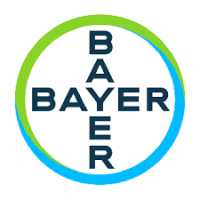AACR, Author Interviews, Bayer, Cancer Research / 08.05.2020
VITRAKVI® (larotrectinib) in Patients with Cancer and NTRK Gene Fusions
MedicalResearch.com Interview with:
David S Hong, M.D
Department of Investigational Cancer Therapeutics
Division of Cancer Medicine
MD Anderson, University of Texas
MedicalResearch.com: What is the background for this study?
Response: Larotrectinib is a first-in-class, CNS active, oral TRK inhibitor exclusively designed to treat tumors with an NTRK gene fusion and does not have secondary targets.
In previous presentations and published in The Lancet Oncology, larotrectinib demonstrated tumor-agnostic efficacy in an integrated dataset of 159 adult and pediatric patients with TRK fusion cancer across three clinical trials (Feb 2019 data cut-off date). In these studies, the objective response rate (ORR), according to investigator assessment, was 79% (95% confidence interval [CI], 72 – 85%), with a complete response rate of 16%.
A variety of NTRK genes have been identified in various tumor types including fusions and non-fusions (e.g., amplifications, rearrangements, deletions, slice variants). In the analysis presented at AACR 2020, we sought to evaluate this pooled data to determine the efficacy of larotrectinib in patients with non-fusion alterations in NTRK genes. (more…)






